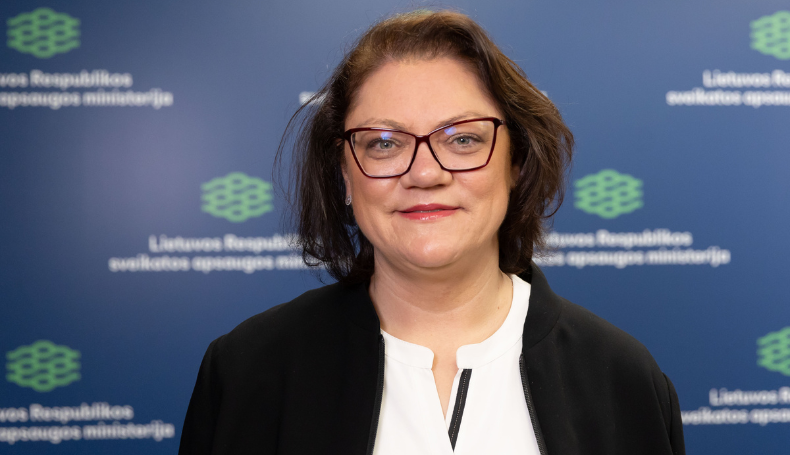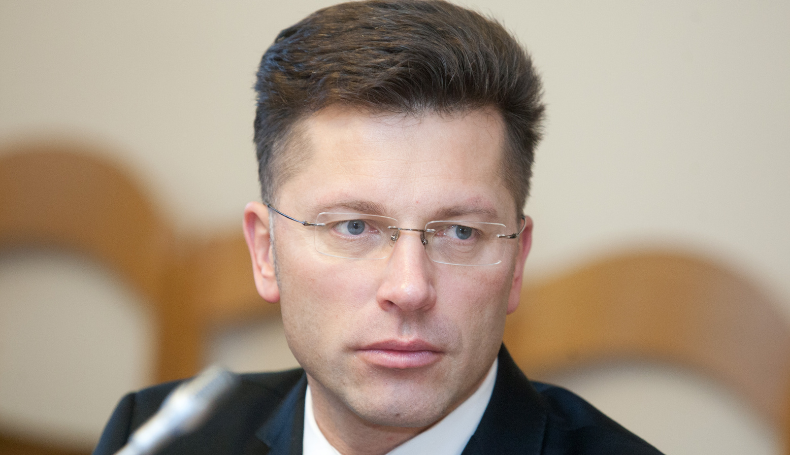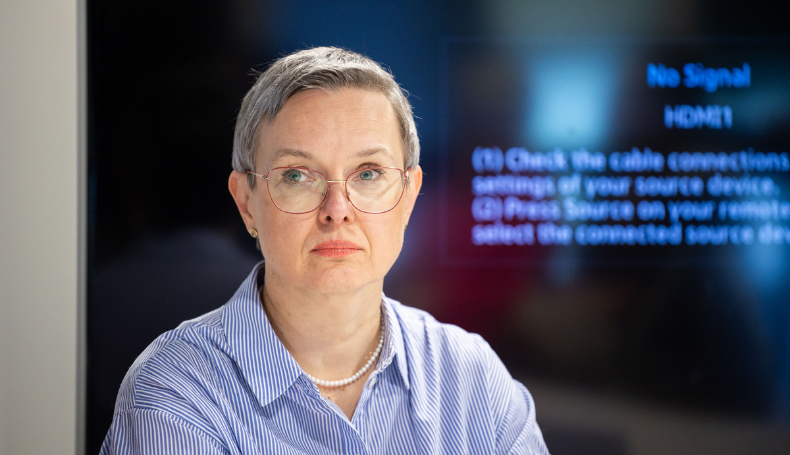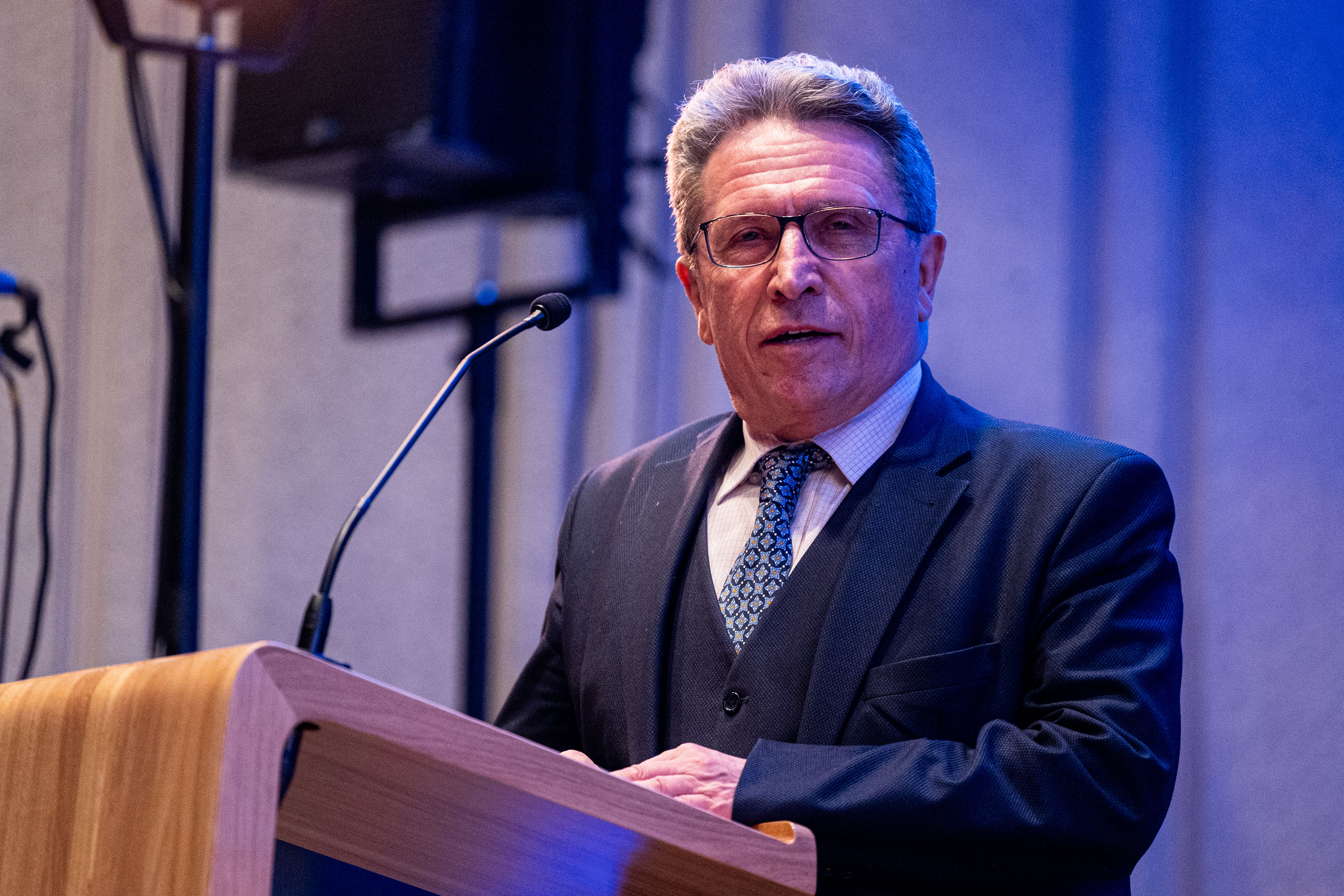Patients expect even longer queues?

Located in the center of the capital, a private medical clinic offers both state reimbursable and paid medical services. There are many patients and the doctors are satisfied.
« Longer consultations, more attention to the patient, less administrative burden, » said Daiva Adomaitienė, Director of Operational Management of AFFIDEA Lietuva.
However, the Ministry of Health is dissatisfied. According to her, a private clinic is lobby and the public sector on a critical border.
« The public health sector is really bleeding, » said Minister of Health Marija Jakubauskienė.
Public health care institutions said they were lost to a level that they only have to be resuscitated. The ministry is taking a resuscitation plan. The first step is the destruction of premiums.
« We see that public finances are moving to the private sector. These are the funds of the Compulsory Health Insurance Fund (PSDF), » explained M. Jakubauskienė.
Photo by D. Labutis / ELTA
Now the PSDF funds are distributed on the principle of the first, the wiser one. All, both private and public medical institutions, stand in the common line. The ministry provided amendments to the Law on Health Insurance. Offers the State Patient Fund to create two rows, and to give priority to public medical institutions.
« For example, if you have to provide 10,000 consultations a year in the city, the first proposal would be submitted to the public sector institution, » said the Minister of Health.
If the institution covers 70 percent. Services – 30 % of private remains. These say, and now are the little ones that will remain?
« We have made plans and see that we can provide just one consultation for a physician specialist per month. The amount of services is really very small, » said D. Adomaitienė.
« 83.5 % of the PSDF funds distributed by the sickness funds go to the public sector, so the public is misleading, » said Laimutis Paškevičius, president of the Association of Private Health Care Institutions.
V. Skaraitis / Photo by BNS
L. Pashkevich says the proposal reminds him of Soviet times. Claimed that corruption would increase.
« It was as if a basic medical standard was assured, and for people who wanted better services, they had to pay a bribe or it was the privilege of a privileged class, » said L. Pashkevich.
The head of the Medical Movement wonders why the opinion of the doctors is not asked and they strongly disagree.
« 96 % believe that the system will worsen the situation with such transformations, and 100 % replied that it would worsen corruption, » said Auriuris Gerliakienė, the head of the Lithuanian Medical Movement.
Photo by A. Ufarto / ELTA
The minister claimed that the public sector lacks specialists, leading to the formation of the queues for patients.
« We see that from 2023 to 2024, about 24 % of the medical staff moved to the private sector, » the Minister of Health explained.
Privateists provide different numbers.
« Will go to the public sector – where will they sit down? Other doctors on their knees? » – the president of the Association of Private Health Care Institutions resented.
But it is a public secret that most doctors work in both the private and public sector. The ministry predicts that the financial direction to the public sector will return.
« Some people who worked in the private sector are unlikely to choose the public – they are likely to emigrate, » she said.
Full LNK Report – In Video:
As a result, the queues, according to the head of the Lithuanian Medical Movement, will only extend. Private people said that after the funding, it would be necessary to choose either a lower or more expensive service. In both cases, some patients will turn to the public sector.
« The patient will be forced to wait for large rows in public institutions if private institutions are unable to provide reimbursement services, » said AFFIDEA Lietuva Director of Operational Management.
The ministry also plans to increase compulsory health insurance contributions to persons insured by the state. Now the state pays them 30 percent. All amounts.
« We have made calculations and estimates that will allow us to fully cover the missing contribution, » the Minister of Health said.
This would require about $ 1.5 billion. euros.










